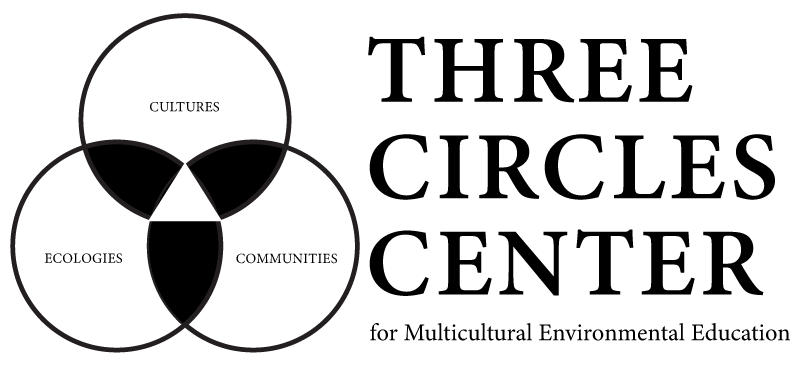 Christine E. Sleeter, Miguel Zavala, Teachers College Press
Christine E. Sleeter, Miguel Zavala, Teachers College Press
Ethnic studies has gathered considerable momentum in schools and school districts across the U.S., particularly since Arizona declared war on the highly successful Mexican America Raza Studies program in Tucson. Miguel Zavala and I wrote this book on the urging of James Banks. As we got into the project, it became clear to us that we needed to lay out core principles and practices of K-12 ethnic studies at its best. As we wrote on p. 4 of the book:
“Ethnic studies seeks to rehumanize experiences, challenge problematic Eurocentric narratives, and build community solidarity across difference. Ethnic studies can be framed as anti-racist in the sense that it attempts to unpack, challenge, and eradicate racism as it takes place in our schools and in the broader society. But ethnic studies attempts to do more than this. Ethnic studies can be framed as part of a broader process of decolonization or ‘delinking that leads to de-colonial epistemic shift and brings to the foreground other epistemologies, other principles of knowledge and understanding and, consequently, other economy, other politics, other ethics’ (Mignolo, 2007, p. 453).”
Chapters:
- What Is All This Fuss About Ethnic Studies?
- Mainstream Curriculum as (Multicultural) White Studies
- What the Research Says About Ethnic Studies
- Ethnic Studies Curriculum as Counter-Narrative
- Ethnic Studies Teachers’ Reflections on Their Praxis
- Research and the Movement for Ethnic Studies

Comments are closed.